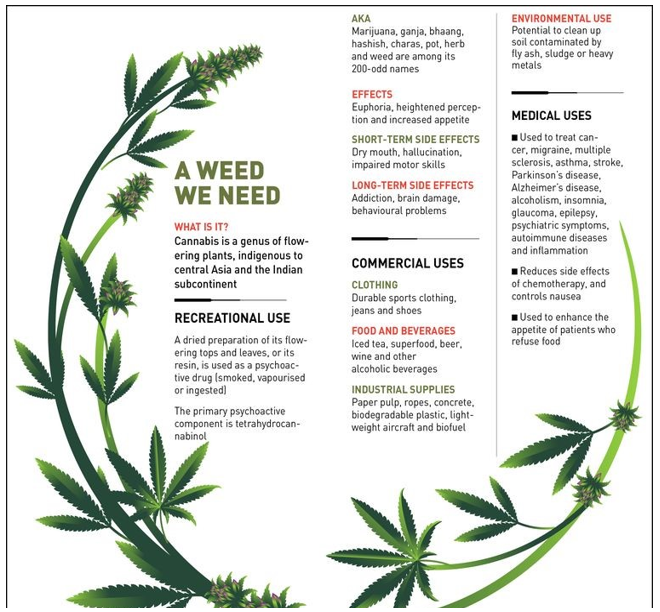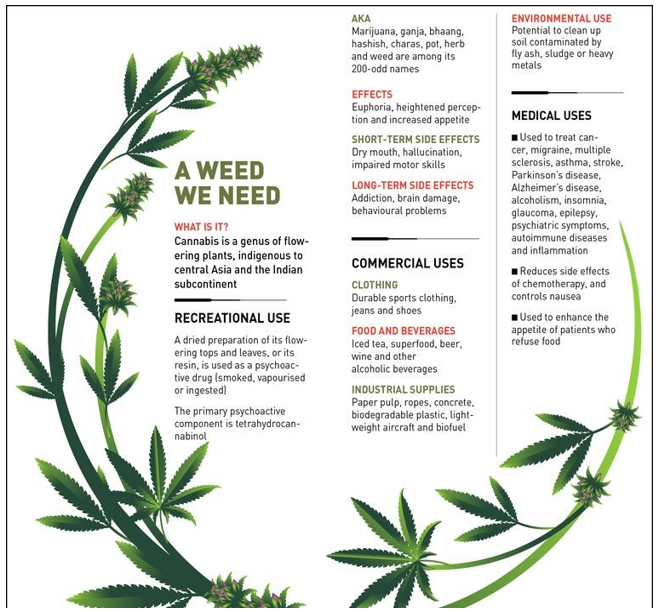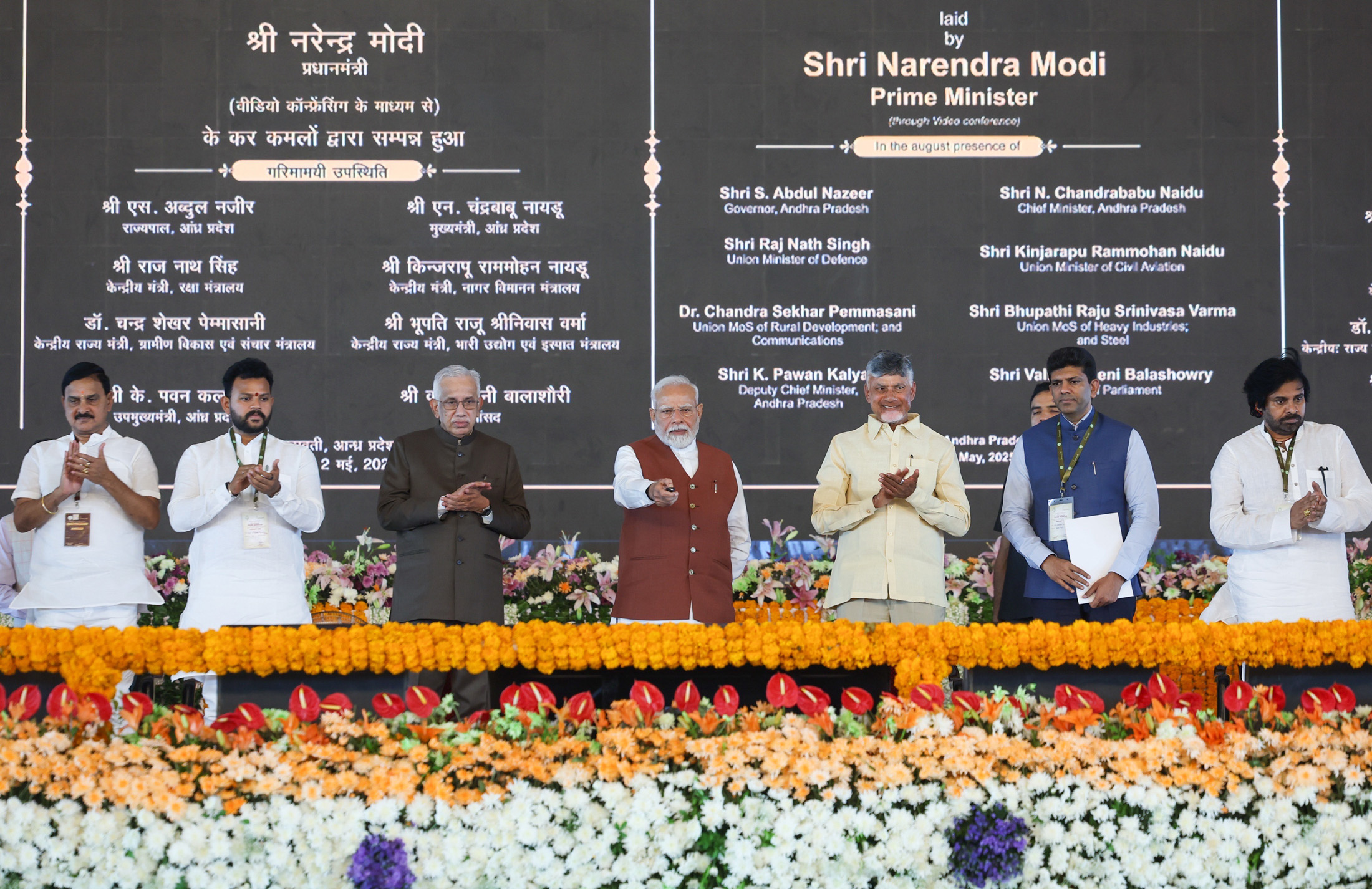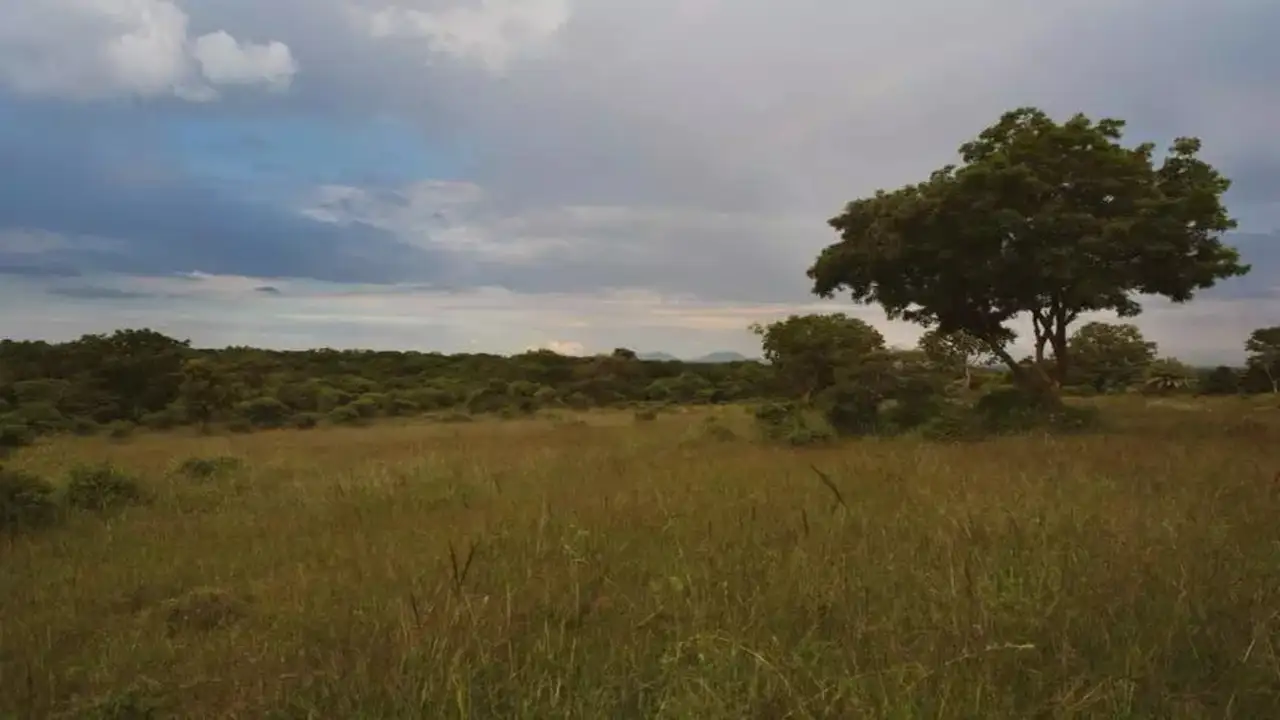- Courses
- GS Full Course 1 Year
- GS Full Course 2 Year
- GS Full Course 3 Year
- GS Full Course Till Selection
- Online Program
- GS Recorded Course
- NCERT (Recorded 500+ Hours)
- Polity Recorded Course
- Geography Recorded Course
- Economy Recorded Course
- AMAC Recorded Course
- Modern India, Post Independence & World History
- Environment Recoded Course
- Governance Recoded Course
- Science & Tech. Recoded Course
- International Relations and Internal Security Recorded Course
- Disaster Management Module Course
- Ethics Recoded Course
- Essay Recoded Course
- Current Affairs Recoded Course
- CSAT
- 5 LAYERED ARJUNA Mentorship
- Public Administration Optional
- ABOUT US
- OUR TOPPERS
- TEST SERIES
- FREE STUDY MATERIAL
- VIDEOS
- CONTACT US
Himachal Pradesh on legalizing Cannabis cultivation
Himachal Pradesh on legalizing Cannabis cultivation
12-09-2023

Latest Context:
Presently, the Himachal Pradesh government is working on the possibility of legalizing Cannabis (Hemp) cultivation, fulfilling the farmers longstanding demands to lift the ban on cultivation.

What are Cannabis?
- Cannabis, often referred to as marijuana, is a genus of flowering plants in the Cannabaceae family.
- It is native to Central Asia and the Indian subcontinent, and it has been cultivated for thousands of years for various purposes, including medicinal, recreational, and industrial uses.
- The two primary species of cannabis are Cannabis sativa and Cannabis indica, although there is also a third species called Cannabis ruderalis.
- Cannabis plants contain a group of chemical compounds known as cannabinoids, the most well-known of which are Tetrahydrocannabinol (THC) and Cannabidiol (CBD).
- THC is the psychoactive compound responsible for the "high" sensation often associated with cannabis use, while CBD is non-psychoactive and has been studied for its potential therapeutic properties.
- Cannabis has a long history of use for recreational and medicinal purposes. Some common ways, people use cannabis include smoking the dried flowers or buds, consuming it in edible forms, inhaling vaporized cannabis extracts, and using cannabis-infused products like oils and creams.
- Medicinally, cannabis has been used to alleviate symptoms of various medical conditions, including chronic pain, nausea and vomiting, muscle spasms, and epilepsy.
- The legal status of cannabis varies widely from one place to another, with some countries and states allowing it for recreational and medicinal use, while others strictly prohibit it.
- In India, Narcotic Drugs and Psychotropic Substances (NDPS) Act, 1985 permits states to make rules regarding cannabis cultivation for fiber, seeds, or horticultural purposes.
What the Narcotic Drugs and Psychotropic Substances (NDPS) Act, 1985 says on Cannabis?
- Categorization: Cannabis is categorized as a narcotic drug under the Act. It falls under Schedule I, which includes substances that are considered highly addictive.
- Cultivation: The cultivation of cannabis plants is prohibited under the Act, except for research and scientific purposes, and only under the authorization and control of the government.
- Possession and Consumption: Possession, sale, purchase, use, and consumption of cannabis are generally prohibited. It is an offense to possess cannabis in any form unless it is for medical or scientific purposes and is done in compliance with the provisions of the Act.
- Penalties: The penalties for offenses related to cannabis under the NDPS Act can be severe. They may include fines, imprisonment, or both, depending on the quantity of cannabis involved and the specific offense.
- Special Courts: Cases related to offenses under the NDPS Act, including those involving cannabis, are tried in special courts, which are established for speedy disposal of such cases.
- Confiscation of Property: The Act empowers the government to seize and forfeit properties that are derived from or used in the illicit trafficking of cannabis.
- International Obligations: The NDPS Act aligns with India's international commitments under various international conventions related to drug control, including the Single Convention on Narcotic Drugs, 1961.
What are the concerns related to Cannabis cultivation in India?
- Illicit Cultivation: One of the most significant concerns related to cannabis cultivation in India is the large-scale illicit cultivation of marijuana. Illicit cannabis cultivation often occurs in remote and hilly regions, making it challenging for law enforcement agencies to detect and eradicate such crops. This illicit cultivation is a source of illegal income for many and contributes to the black market for cannabis.
- Narcotics Trafficking: Illicitly cultivated cannabis is frequently trafficked for both domestic and international markets. India serves as a source, transit, and destination country for the trafficking of cannabis and other narcotics. This illegal trade can have serious social, economic, and security implications.
- Health Risks: Cannabis use, particularly when consumed in excessive quantities can lead to health risks. These risks include addiction, impaired cognitive function, mental health issues (such as anxiety and psychosis), respiratory problems (when smoked), and potential negative effects on educational and occupational outcomes, especially among young users.
- Impact on Vulnerable Communities: Illicit cannabis cultivation often occurs in marginalized and economically disadvantaged communities. These communities may rely on cannabis cultivation as a source of income, which can contribute to their economic vulnerabilities. Additionally, the illegal nature of the trade can expose individuals involved in cultivation to legal risks.
- Environmental Concerns: Illicit cannabis cultivation practices can have adverse environmental consequences. Some cultivators resort to deforestation, the use of harmful pesticides, and unsustainable farming practices, which can lead to soil degradation and damage to local ecosystems.
- Public Health Concerns: There is a need for public health education and awareness programs to address the potential risks associated with cannabis use, especially among youth. These programs can play a crucial role in promoting responsible cannabis use and harm reduction.
Conclusion and Way Forward:
Given these concerns, there is ongoing debate in India about how to address cannabis cultivation, its regulation, and its impact on society. Some advocate for a more flexible approach that considers the potential benefits of cannabis for medical and industrial purposes while maintaining strict controls on recreational use and illicit cultivation. The regulatory landscape surrounding cannabis in India is evolving, and different states may adopt varying policies and approach.
Ques. ‘In India, there is an increased demand of legalizing Cannabis cultivation’. Comment.
Must Check: Best IAS Coaching In Delhi



